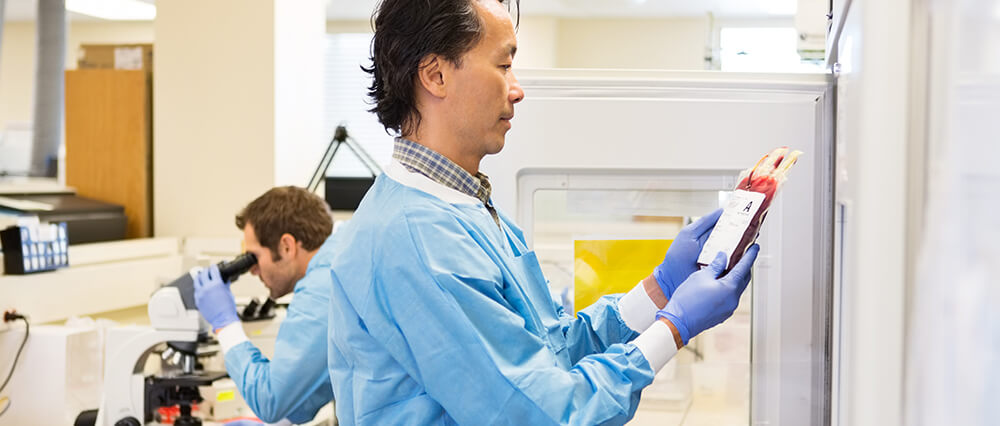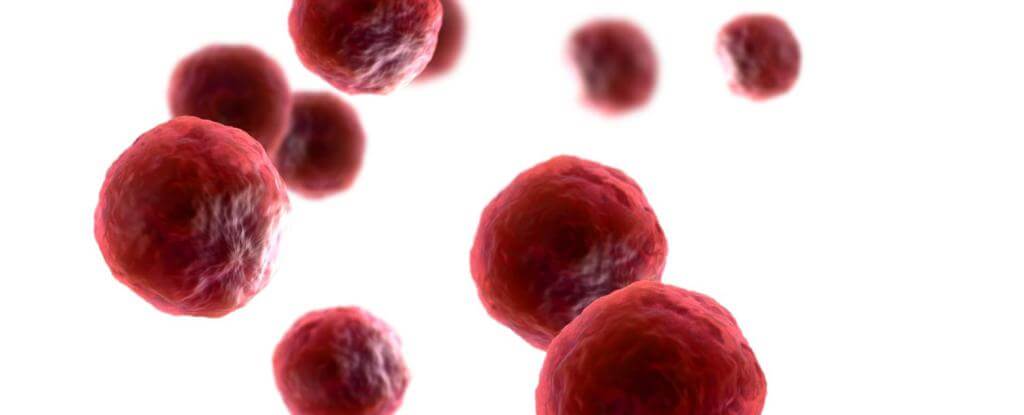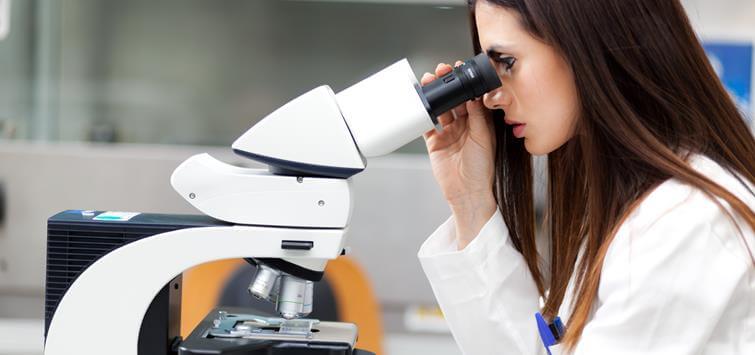Caesarean Sections and Cord Blood
April is Caesarean Awareness Month and the perfect opportunity to debunk a common misconception about umbilical cord blood stem cell collection and cesarean births.
There are 4 kinds of caesarean birth; elective, unplanned, urgent and emergency.
Elective Caesarean Births
An elective cesarean birth is planned in advance, often when the mother (or baby) has an underlying medical condition, the mother has given birth via cesarean section previously or she may want to avoid another “natural” birth due to the traumatic delivery of a previous baby. Official NHS statistics show that 10.2% of the 668,936 births in England in 2011-12 were by elective caesarean [1].
Unplanned Caesarean Sections
Unplanned cesarean sections happen when the mother becomes tired during childbirth or if labour slows down / fails to progress, these births may also occur if a mother who has chosen to give birth via elective caesarean section goes into labour or her waters break.
Urgent Caesarean Sections
Urgent cesarean births are performed when complications which are not life-threatening to mother or baby occur either during pregnancy or labour.
Emergency Caesarean Sections
Emergency cesarean births are performed when life-threatening complications occur during pregnancy or labour, in these instances the baby needs to be born as quickly as possible and the operation takes place within 30 minutes of the decision being made. Thankfully, these kinds of births are rare.
Can I Bank My Baby’s Cord Blood If I Give Birth Via Caesarean Section?
Absolutely, the process of procuring your baby’s umbilical cord blood stem cells is the same whether you give birth “naturally” or via cesarean section. The umbilical cord blood stem cells and cord tissue are collected after the delivery of the placenta. If you are required to take a cord blood collection kit to procure your baby’s cord blood, pack it in your hospital bag as soon as you receive it so that you have it on hand should you require it.
[1] http://www.theguardian.com/society/2013/may/02/early-caesarean-baby-health-risk





